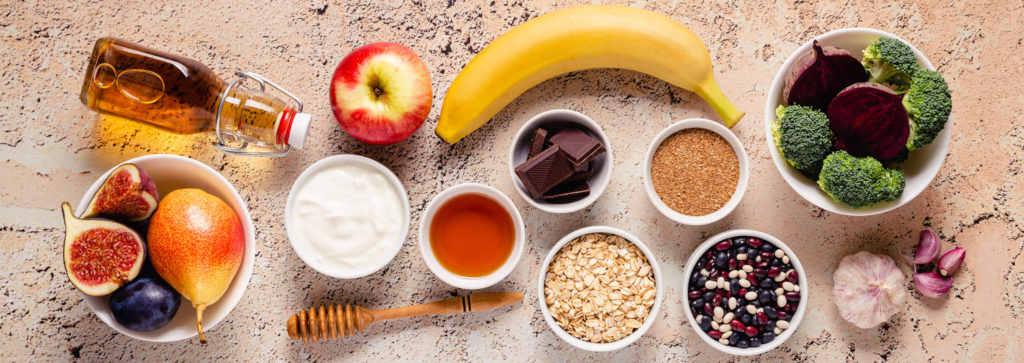If you’re looking for the best supplements to improve gut health, you’ve come to the right place. In this article, we’ll take a look at some of the top supplement options for addressing a variety of gut concerns. We’ll also provide a brief overview of each supplement to help you decide if it’s right for you. Before starting a new supplement, be sure to talk with your health care provider.
Apple Cider Vinegar
Apple cider vinegar is a type of vinegar that is made from fermented apple cider. It has been used for many years as a natural remedy for various health conditions. In recent years, apple cider vinegar has generated additional interest as a supplement for gut health. Apple cider vinegar is a good source of enzymes and nutrients, including potassium, magnesium, and acetic acid. It may help to improve digestion and absorption of nutrients, promote the growth of healthy bacteria in the gut, and may reduce internal irritation.
People who don’t enjoy the strong taste of apple cider vinegar may want to try apple cider vinegar gummies, which have all the positive qualities of apple cider vinegar without the acidic flavor.
Probiotics
Probiotics are another popular way to increase gut wellness. They can be ingested through certain fermented foods such as yogurt and kimchi, or taken via a supplement. Probiotic supplements contain live microorganisms said to aid in maintaining digestive health by providing your body with friendly bacteria. That may sound concerning, but your body already plays host to trillions of microorganisms.
Mega Spore probiotics are a great option for those seeking to improve gut health with the use of probiotic supplements. This probiotic supplement is made up of five different strains of bacteria that work together to promote gut wellness and improve digestion.
Coconut Oil
The natural antibacterial and antifungal qualities of coconut oil are thought to make it effective in the treatment of gut health issues. These particular qualities help coconut oil to combat harmful bacteria and yeast that can cause infection and inflammation in the body, including the digestive tract. Coconut oil is also a good source of fat, which is important for maintaining energy levels throughout the day.
Ginger
Ginger is a flowering plant that is related to turmeric and cardamom. The rhizome (or root) of the plant has been used for centuries in traditional medicine as a treatment for various gastrointestinal issues. Ginger contains antioxidants and compounds that may help protect the gut from damage. Additionally, ginger has been shown to stimulate digestion and support gut motility. For these reasons, ginger can be a helpful supplement for gut health.
Glutamine
Glutamine is an amino acid that is produced by the body and found in certain foods. It is considered a conditionally essential amino acid, which means that the body can typically make enough glutamine on its own, but some people may need more glutamine due to illness or injury. Glutamine plays a role in gut wellness by helping to maintain the integrity of the intestinal barrier and preventing irritation. It is also said to help produce energy and support the growth of healthy bacteria in the gut.
Omega-3s
The term “omega-3s” refers to specific fatty acids that are found in fish and other marine oils. Omega-3s are important for human health because they play a role in many cellular functions, including the regulation of inflammation. The best sources of omega-3s include fatty fish like salmon, trout, and herring, as well as some plant oils like flaxseed oil and walnut oil.
People who are interested in maintaining gut health may want to consider taking omega-3 supplements. Omega-3 supplements can help reduce triglyceride levels in the blood and may help to reduce inflammation in the gut, potentially making them beneficial for people with conditions like Crohn’s disease or ulcerative colitis.

